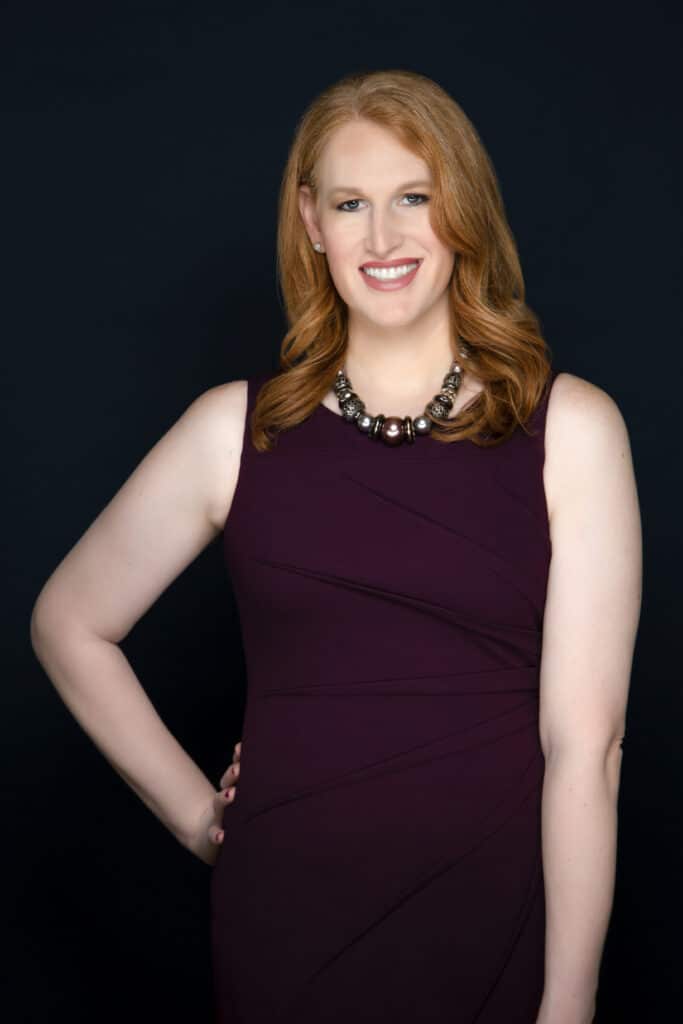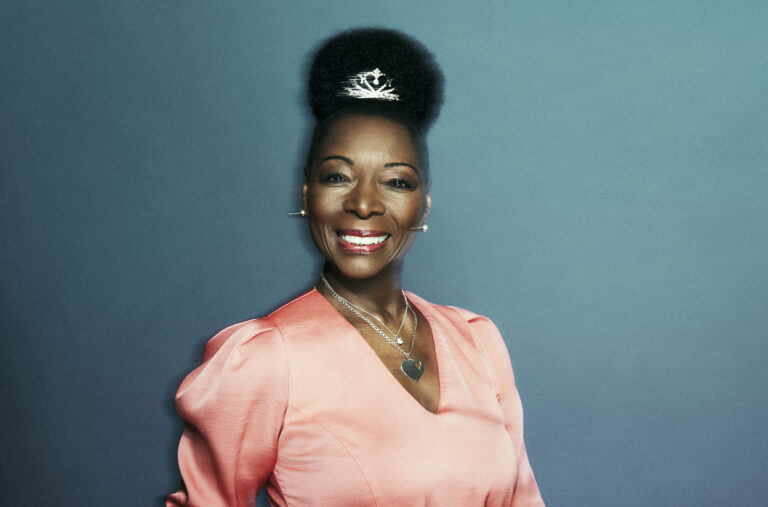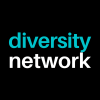Ashley T Brundage is a transgender woman who is an equity and inclusion expert in the financial industry in the United States. She began as a teller for a major American bank and in less than five years became vice president of diversity and inclusion for the organisation. This was through a mixture of extremely hard work and commitment to her job, but also through her employer’s support and investment in her as an employee.
Ashley has written a book about her experience called ‘Empowering Differences’ and runs a company of the same name, which aims to empower others through equity, inclusion and belonging.

Q: How is having a director level champion fundamental to making the progress needed for LGBTQ+ inclusion?
A: “It is so important and thank you so much for having me join you today. The fundamental change that’s necessary to create an inclusive environment for the LGBTQ+ community can’t be done without leadership at the top making a stance for those who might not necessarily have representation at that level for an organisation. So as you start to go through your own journey, be thinking about how you can cultivate more leaders to be involved in this process to make that, and for those who might not necessarily have a voice of representation in your organization.
“I think that leadership can come from unlikely sources. Even the lowest level entry level person in an organisation can display leadership or executive presence. And sometimes, thinking in accepting leadership from unlikely sources can have a major impact. I know that for me personally, especially one of the things that was key in my career growth journey, was that I was able to start as a part-time associate in an organisation and then work my way up to being the vice president of diversity and inclusion in less than five years. And I wouldn’t have had a traditional career arc or path at any point, not just because of the fact that I’m openly transgender, but also I am very vocal about the fact that I do not hold a higher education degree from a university. And so education, gender, sexual orientation, gender identity, all of these things are part of our differences. And we have to really think about how we can empower everyone through all of their differences.
Q: ‘Empowering Differences’ is the name of your book. You believe that people should make the most of their differences to empower themselves and move themselves forward in their career. What practical steps can organisations proactively put in place to ensure the workplace is fully inclusive for trans colleagues?
A: “This is a tough one. I think that this comes down to the difference between equality and equity. Because those two words are often thrown around, people say, ‘Oh, well, we do have equality’, or ‘Oh, our organization practices equality, of course we want to hire everyone and we want to hire the transgender community’. But equity is a little bit different, because that’s the special needs and resources and access that’s needed. 80% of the transgender community is either unemployed or underemployed. And that’s a pre pandemic number. So there’s no telling how much worse it is now. And so transgender colleagues or future colleagues really need our support, compassion, trust. But also, some other key elements here that were key in my career development journey, was that I had leaders who invested resources in me like executive coaching and image consulting. So those kinds of investments in an employee can create the most loyal employee who is going to do some amazing work for your organization.”
Q: And that has been your experience, hasn’t it? You started off in an entry-level job and worked hard when the company trusted you and put an investment in you. And you’ve been loyal to them and have now risen through the ranks to be the vice president of inclusion and diversity.
A: “Investment is actually one of my 10 key empowering actions that is found in my book, and understanding how not only you can personally use investment to invest in others and invest in yourself, but also how organisations and communities can choose to use this concept of investing. And sometimes we think of the word invest as just something financial. And it can be literally a financial investment. But there are so many other types of investments. So it’s really important to have that foundational concept of resource allocation on your mindset when you’re thinking about your career development journey.
Q: And from an HR perspective, and a diversity and inclusion leader perspective, what are the practical steps organisations can be doing in terms of investment?
A: “Well, specifically to trans colleagues, I would say looking at healthcare benefit packages would be really, really, really important.
Another one of my 10 key empowering actions that were so important in my career journey was the foundational concept of mentorship. So if you don’t have a formalised mentoring program for participants in your inclusion program, I think that that that would be really important. Don’t forget that mentoring is always going to be a two way street: never enter into a mentor relationship without thinking that you as the mentee can always provide something to the mentor. If you enter into a mentor relationship with it only being one way, that’s not going to really be empowering.
“You have to remember that this concept, this book that I wrote, is that intersection of empowerment with each action. That’s why I call them empowering actions because it is when you do them with the concept of empowerment. And remember that empowerment is giving power and authority to others. When you give someone power for you in a mentoring relationship, you are creating a lasting connection for life. You’re constantly looking for ways to help them and take something off that leaders plate as a mentee. But as a mentor, you have to really make sure that you show up when you say you’re going to be there, and that you deliver the kind of experience for that mentee where they’re going to be able to gain the kind of connection points that they’re hoping for in their career development.”
Q: Finally what does inclusivity mean to you, Ashley?
A: “For me, inclusivity is that world that I can imagine where my status as a transgender person isn’t the headline any longer. It’s me as a powerful businesswoman. I feel that inclusivity is the connection where we can all work to empower each other, and move past the differences. There are 7 billion different people on this planet. And we’re all bound by the differences that truly make a difference. So when we start working together and we combine this concept of empowerment, there is nothing that we cannot do together. And that then creates an inclusive culture, an inclusive world that I want to live in, and I want my kids to continue to live in and I want their kids to live. This work that we’re doing now, is not going to happen in one year. It’s a mission that’s going to require lots of work, but dedicated people are fighting for a more just, inclusive society.”
Q: That’s a very positive statement and a hopeful statement for the future. Thank you, very much indeed Ashley.
As well as her 10-step book, Ashley has written other resources for HR and D&I leaders as well as individuals, including an actionable workbook and an online course with 40 hours of professional development credits. For further information, visit Empoweringdifferences.com.





